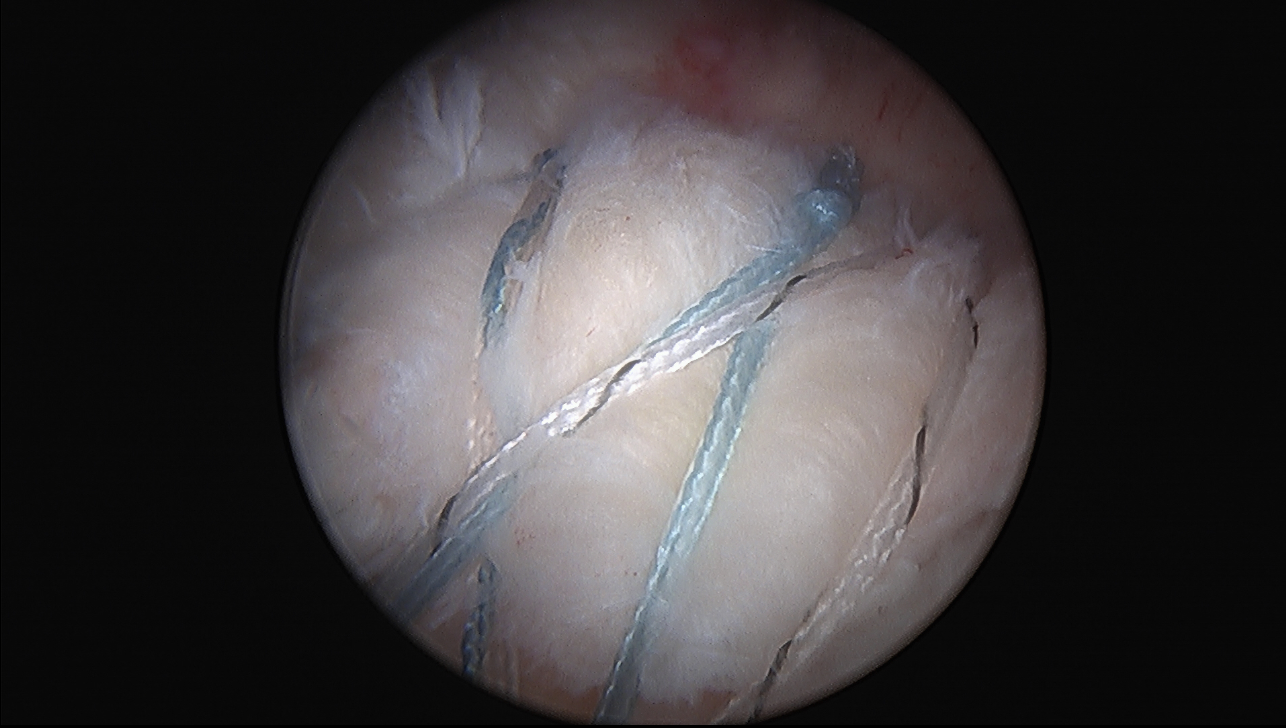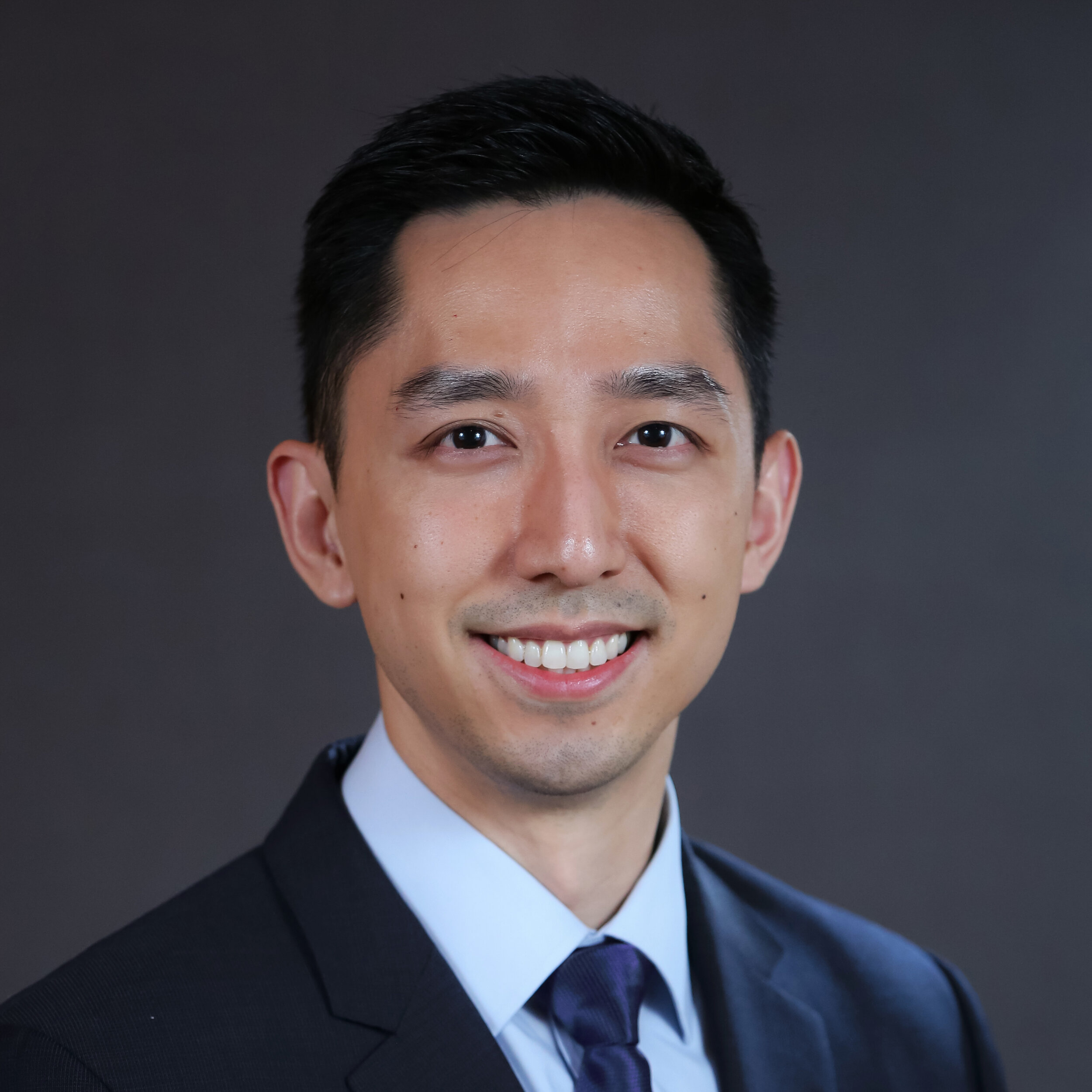Authors:
Evan A. O’Donnell, MD, Michael C. Fu, MD, MHS, Alex E. White, MD, Samuel A. Taylor, MD, Joshua S. Dines, MD, David M. Dines, MD, Russell F. Warren, MD, Lawrence V. Gulotta, MD
Journal:
Abstract:
Purpose
To describe the national rates of failed primary rotator cuff repair (RCR) requiring revision repair, using numerous patient characteristics previously defined in orthopaedic literature, including smoking history, diabetes mellitus (DM), hyperlipidemia (HLD), vitamin D deficiency, and osteoporosis to determine which factors independently affect the success of primary RCR.
Methods
A combined public and private national insurance database was searched from 2007 to 2016 for all patients who underwent RCR. Current Procedural Terminology codes were used to identify RCRs. Laterality modifiers for the primary surgery were used to identify subsequent revision RCRs. All patients who did not have a linked laterality modifier for the RCR Current Procedural Terminology code were excluded from the study. Basic demographics were recorded. International Classification of Diseases Ninth Revision codes were used to identify patient characteristics including Charlson Comorbidity Index, smoking status, DM, obesity, HLD, vitamin D deficiency, and osteoporosis. Patient age categorized as <60, 60-69, 70-74, or 75+ years old. Dichotomous data were analyzed with χ 2 testing. Multivariable logistic regression was used to characterize independent associations with revision RCR.
Results
Included in the study were 41,467 patients (41,844 shoulders, 52.7% male patients) who underwent primary arthroscopic RCR. Of all arthroscopic RCRs, 3072 patients (3463 shoulders, 53.5% male patients) underwent revision RCR (8.38%). In both primary and revision RCR, patients age 60 to 69 years were most prevalent, accounting for 38.4% and 37.6% of the cohorts, respectively. The average time from primary RCR to revision was 414.9 days (median 214.0 days). Increasing age and male sex (odds ratio [OR] 1.10, P = .019, 95% confidence interval [CI] 1.02-1.19) were significantly predictive of revision RCR. Of the remaining patient characteristics, smoking most strongly predicted revision RCR (OR 1.36, P < .001, CI 1.23-1.49). Obesity (OR 1.32, P < .001, CI 1.21-1.43), hyperlipidemia (OR 1.09, P = .032, CI 1.01-1.18), and vitamin D deficiency (OR 1.18, P < .001, CI 1.08-1.28) also increased risk of revision RCR significantly. DM was found to be protective against revision surgery (OR 0.84, P < .001, CI 0.76-0.92). Overall comorbidity burden as measured by the Charlson Comorbidity Index was not predictive of revision RCR.
Conclusions
Smoking, obesity, vitamin D deficiency, and HLD are shown to be independent risk factors for failure of primary RCR requiring revision RCR. However, despite the suggestions of previous studies, DM, osteoporosis, and overall comorbidity burden did not demonstrate independent associations in this study.
Level of Evidence
IV, Case Series
About the Author
Dr. Michael Fu is an orthopedic surgeon and shoulder specialist at the Hospital for Special Surgery (HSS) in New York City (NYC) and New Jersey (NJ), the best hospital for orthopedics as ranked by U.S. News & World Report. Dr. Fu is an expert at shoulder rotator cuff repair surgery, shoulder instability surgery, and shoulder replacement. Dr. Fu was educated at Columbia University and Yale School of Medicine, followed by orthopedic surgery residency at HSS and sports medicine & shoulder surgery fellowship at Rush University Medical Center in Chicago. He has been a team physician for the Chicago Bulls, Chicago White Sox, DePaul University, and NYC’s PSAL.
Disclaimer: All materials presented on this website are the opinions of Dr. Michael Fu and any guest writers, and should not be construed as medical advice. Each patient’s specific condition is different, and a comprehensive medical assessment requires a full medical history, physical exam, and review of diagnostic imaging. If you would like to seek the opinion of Dr. Michael Fu for your specific case, we recommend contacting our office to make an appointment.

